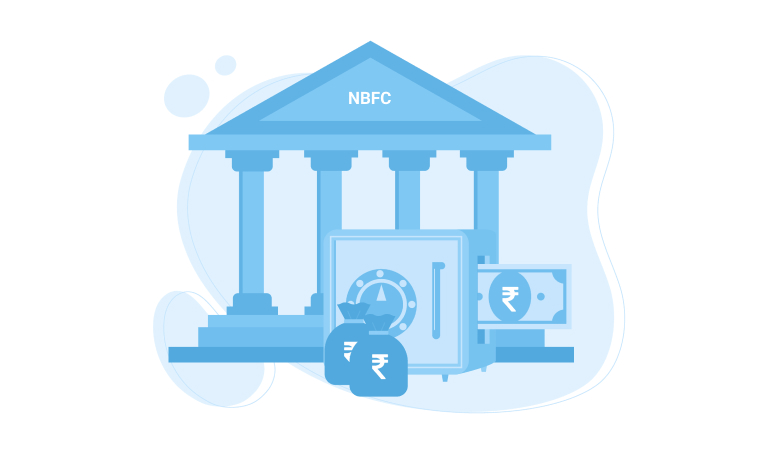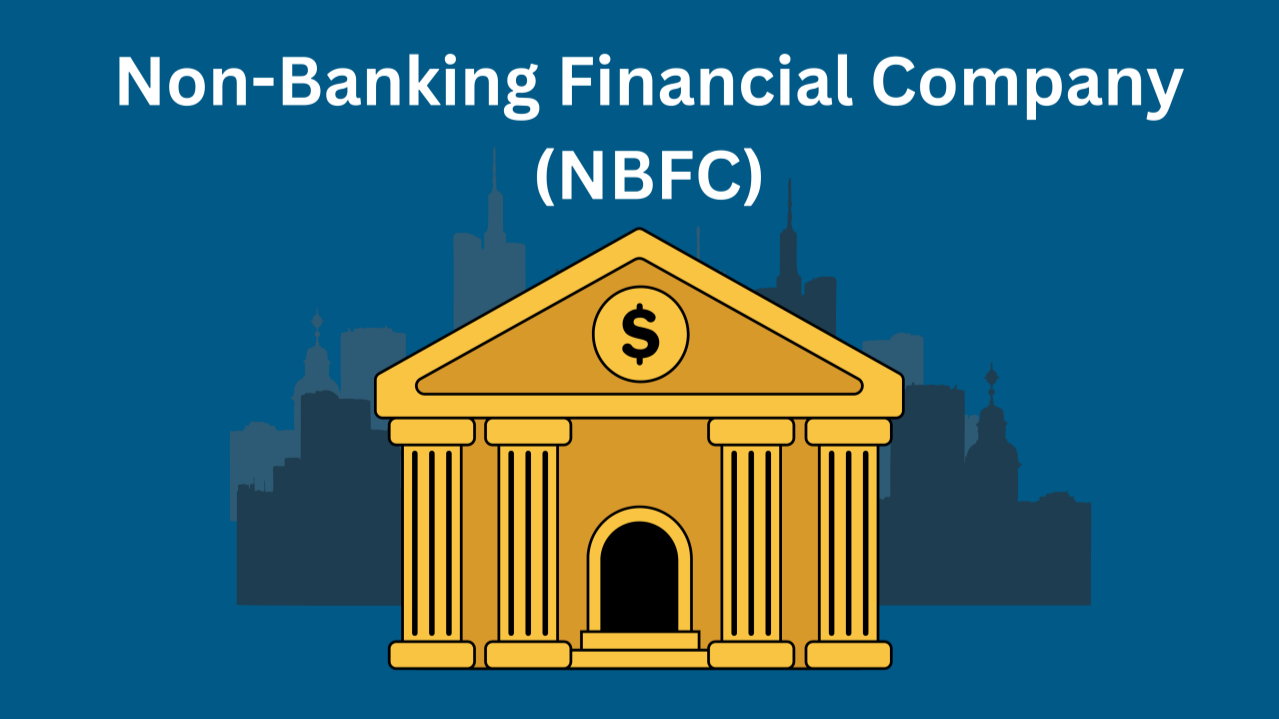Non-Banking Financial Companies (NBFCs) play a crucial role in India’s financial ecosystem by providing credit to underserved segments, SMEs, and individuals. However, managing credit risk and predicting loan defaults remain significant challenges. With the advancement of technology, Artificial Intelligence (AI) has emerged as a powerful tool helping NBFCs enhance risk assessment, reduce defaults, and improve overall portfolio performance.
Understanding Loan Default Risks in NBFCs
Loan defaults can severely impact an NBFC’s profitability and regulatory standing. Traditional credit assessment models often rely on limited historical data and manual evaluation, which may not accurately capture borrower behavior. As regulatory scrutiny increases—especially for companies holding an NBFC license from RBI in India—adopting smarter risk management practices has become essential.
How AI Transforms Loan Default Prediction
AI-driven systems analyze vast amounts of structured and unstructured data to identify patterns that humans might miss. By leveraging machine learning algorithms, NBFCs can predict potential defaults with higher accuracy and speed.
AI helps NBFCs by:
- Analyzing customer transaction behavior in real time
- Evaluating alternative data such as digital footprints and spending habits
- Detecting early warning signals of repayment stress
- Continuously improving credit models through learning algorithms
These capabilities significantly enhance credit decision-making and portfolio quality.
Benefits of AI for NBFCs
The integration of AI in credit risk management delivers multiple advantages:
- Improved accuracy in credit scoring
- Faster loan approval processes
- Reduced operational costs
- Better compliance with RBI regulations
- Lower non-performing assets (NPAs)
These benefits strengthen the credibility of NBFCs operating under an NBFC license online framework.
AI and Regulatory Compliance for NBFCs
As NBFCs adopt AI-driven systems, compliance with regulatory guidelines remains critical. Whether it is NBFC registration online or ongoing regulatory reporting, AI helps streamline compliance by automating documentation, monitoring risk exposure, and ensuring transparency in decision-making.
For new entrants, completing NBFC Registration online in India becomes smoother when technology-driven processes are aligned with regulatory requirements.
Importance of Expert Guidance in NBFC Registration
Setting up an NBFC involves complex legal and compliance procedures. Engaging a professional NBFC registration consultant or an experienced NBFC Registration Consultant in India ensures that licensing, capital requirements, and RBI approvals are handled efficiently.
Consultants also guide NBFCs in adopting technology frameworks, including AI-based risk assessment tools, after securing an NBFC license from RBI in India.
Why AI Adoption Is the Future for NBFCs
AI is no longer optional for NBFCs—it is a strategic necessity. With increasing competition and tighter regulations, NBFCs that leverage AI gain a strong advantage in managing credit risk, improving customer trust, and achieving sustainable growth.
Whether you are planning NBFC registration online or scaling an existing NBFC, integrating AI-driven credit risk solutions can significantly enhance business performance.
Conclusion
AI is transforming the way NBFCs predict loan defaults by enabling smarter, faster, and more accurate risk assessment. Combined with proper compliance and expert guidance from an NBFC registration consultant, NBFCs can build resilient financial institutions ready for the future.
For businesses seeking NBFC Registration online in India and aiming to operate under a valid NBFC license from RBI in India, embracing AI-powered technologies is a vital step toward long-term success.










